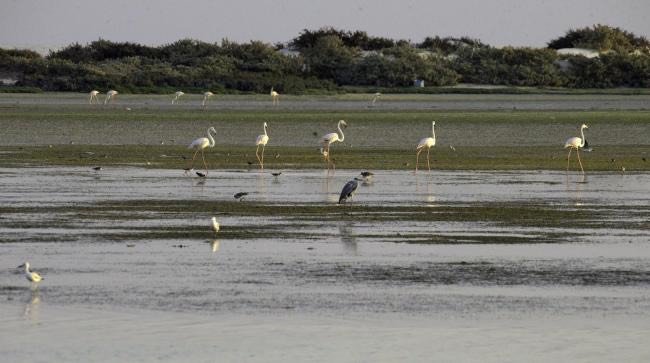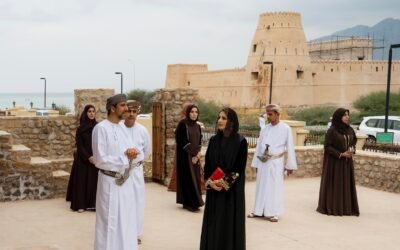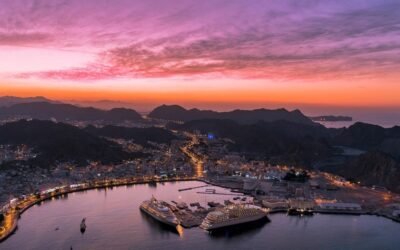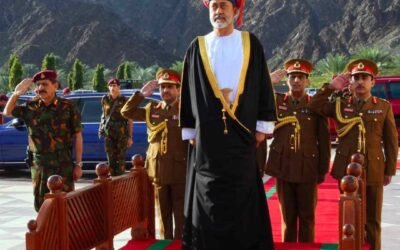Oman Earns Ramsar Certification for Al Wusta Wetland Reserve at COP15
🐦 Third Ramsar Site in Oman:
The Al Wusta Wetland Reserve is now Oman’s third Ramsar-recognized site, following:
- Qurm Nature Reserve (designated in 2013)
- Al Ansab Lagoons (designated in 2020)
This new listing underscores Oman’s dedication to biodiversity conservation, ecosystem protection, and adherence to global environmental standards.
🌿 Unique Biodiversity Hotspot:
The Al Wusta Reserve spans over 714,213 hectares, with approximately 81% of the area falling under Ramsar designation. The reserve is home to rare and fragile ecosystems, including:
- Mangrove forests – Oman’s largest untouched mangrove area (162 hectares)
- Salt flats (sabkhas) and coastal wetlands
- Seagrass meadows and coral reefs
- Nesting sites for endangered sea turtles (Olive Ridley and Green turtles)
🐋 Habitat for Endangered Species:
The site plays a critical role in protecting endangered and vulnerable species such as:
- Arabian Humpback Whale
- Dolphins
- Over 80 globally significant marine and terrestrial species
It is also considered the best site in the Middle East for wintering waterbirds, with more than 500,000 waterbirds visiting annually. It supports over 23 migratory bird species, each representing over 1% of the regional flyway population between Asia and East Africa, including flamingos, gulls, and plovers.
✅ Full Compliance with Ramsar Criteria:
The reserve successfully met all nine Ramsar criteria, including:
- Containing rare and representative wetland types
- Supporting threatened species
- Providing crucial spawning and feeding habitats for fish
- Contributing to biological productivity and ecological balance
🧭 Eco-Tourism and Scientific Research:
Beyond conservation, the Al Wusta Reserve supports:
- Eco-tourism and birdwatching opportunities
- Sustainable economic investments that respect global environmental standards
- Long-term scientific studies in waterbird migration and wetland ecosystems (ongoing since the 1980s)
🏛 Oman’s Commitment to Wetland Protection:
Oman joined the Ramsar Convention through Royal Decree No. 64/2012, reflecting its commitment to wetland preservation and sustainable development.
The Environment Authority of Oman officially nominated the reserve in November 2023, and its inclusion at COP15 Ramsar showcases the country’s leadership in environmental diplomacy and regional conservation efforts.
Written by: Atefa Saleh




